In an interview with The Maroon, Chief Financial Officer (CFO) Ivan Samstein and Provost Katherine Baicker discussed the University’s financial condition. The pair outlined their plan for increasing University revenues and moderating spending.
The interview occurred in Baicker’s Levi Hall office on February 6, a day after Samstein and Baicker hosted a budget town hall that introduced a plan to eliminate the University’s budget deficit by 2028.
First addressing the University’s hiring freeze, which was implemented in September 2023, Baicker emphasized that the hiring freeze only affects staff and not faculty.
“The staff hiring freeze was always and remains flexible in that there are some positions that are absolutely mission-critical, that are funded by grants, that are patient-facing, that are necessary to comply with contracts,” Baicker said. “So there was an exception process to make sure that we could be careful in how it was implemented, and that remains in place but adaptable as we go along to try to be responsive to what the pressing needs are around the University.”
Baicker next outlined the financial plan that theoretically would allow the University to eliminate its budget deficit. In terms of revenue drivers, Baicker identified new degree programs, executive education, federal grants and contracts, and full utilization of the campus. However, she highlighted that it may take a year or more before revenues from these initiatives can be actualized.
“The plan that we’re developing involves both slowing the growth of spending and increasing the growth of revenues,” she said. “The reality is that it probably takes longer to grow revenues than it does to moderate spending growth…. So our best estimate is that the revenue growth will come after a year or so, although—of course—we’re starting now.”
Samstein looks forward in particular to implementing strategies for generating revenue from the physical campus during the summer.
“If you see our campus in the summer, it’s pretty dramatic… the reduction in people,” Samstein said. “If you go to many peer campuses, you’ll see a lot more programming throughout the summer…. I think that’s where the academic enterprise is looking at all the areas where we can grow revenue, to your question, but in a way that’s consistent with the academic values.”
Samstein further feels optimistic about the impact of a new Enterprise Resource Planning (ERP) financial system, which he says the University is currently working on bringing online.
“Big, complicated organizations tend to use ERPs, or enterprise resource planning systems,” Samstein explained. “They are sizable investments, and the computer program will do what you tell them to do. The challenge is your underlying data, making sure you’ve trained all your people to configure in a way that meshes with the way you do things, and so we’ve embarked on a multi-year journey.”
Ultimately, the University is targeting the year 2028 to equalize revenues and costs.
“We’re working on developing a plan with input from students and faculty and staff that we’re envisioning being something like a four-year plan,” Baicker said. “We’re in a position of strength such that we can have that planning horizon.”
Addressing the risk of a credit downgrade if the University takes on additional debt, Samstein expressed confidence in the ability of the University’s strong “competitive position” and donor support to buttress the University’s credit rating even as it takes on more debt. In 2023, Fitch Ratings cautioned the University against taking on additional debt if it wishes to maintain its current AA+ credit rating.
“We will naturally take on some debt over time, as we have to focus on investing in the mission and the organization over those years,” Samstein said. “I think the conversations with credit agencies around credit quality will unfold, and I think we have a lot of elements that will conversely support the credit rating and there’s an element of subjectivity and objectivity in their metrics. I think the quality and demand of our student body is off the charts, triple-A in their nomenclature, and that helps support us even as we work to invest in the University and rightsize the deficit over a multi-year plan.”
In response to a question about whether the University’s “competitive position” has been weakened by U.S. News & World Report dropping its ranking of the University of Chicago from sixth place among American colleges to 12th place, Baicker questioned how accurate rankings are for reflecting quality of education.
“I don’t believe the students who are applying or are here see any drop in the quality of education that we’re delivering here, or the quality of students, or the demand for students to come, or the yield of students,” Baicker said. “I think all support the really enduring quality of the University and its very strong position…. There were some elements of the U.S. News rankings that changed in a way that don’t match my view or the view of the University about key elements of providing an exceptional education.”
In regard to whether the University plans to cut the University of Chicago Police Department’s budget, Baicker responded with a definitive “no.” She further noted that, according to the University’s budget plan, “we’re not talking about spending going down. We’re talking about spending growing more slowly than it otherwise would, and revenues growing more quickly than they otherwise would.”
In contrast to previous years marked by high spending, Baicker pointed out that high interest rates have made this year uniquely appropriate for initiatives aimed at reining in spending and closing the deficit.
“The University made a huge amount of strategic investment over the past 10 years that is paying off in our impact, in our eminence, in the quality of our faculty and students, and in our investment in the community,” she said. “All of those are great investments and they were the right thing to do along the way. They put us in a position of institutional strength. But now, given the external interest rate environment and given where we have gotten to as a university, this is the right moment to close the deficit.”
Despite the challenging macroeconomic environment, Baicker expressed confidence that the University could eliminate its deficit with a combination of initiatives generated by the central administration and individuals at a department or team level.
“The team that we have at the University is a very strong one,” she said. “And in enlisting all of them collaboratively to think about how we grow spending a little more slowly and about how we grow revenues a little more quickly, of course it has to be consistent with University priorities. But it’s an enormous asset to have the incredibly talented officers and dean’s figure out what would be best in their areas.”
Baicker concluded the interview by speaking about how the University’s plan may change within the next four years and beyond as new investment opportunities arise.
“4+1, [Master] in Management, [Master] in Finance—great ideas are underway now,” Baicker concluded. “The world evolves, and a learning organization as we are should be constantly taking new looks at the world to say, where are the opportunities? What are we doing now that we should be doing differently?… The [budget] plan needs to create the resources or ensure the resources to invest in those new, exciting things, and that requires being on this path for fiscal strength.”


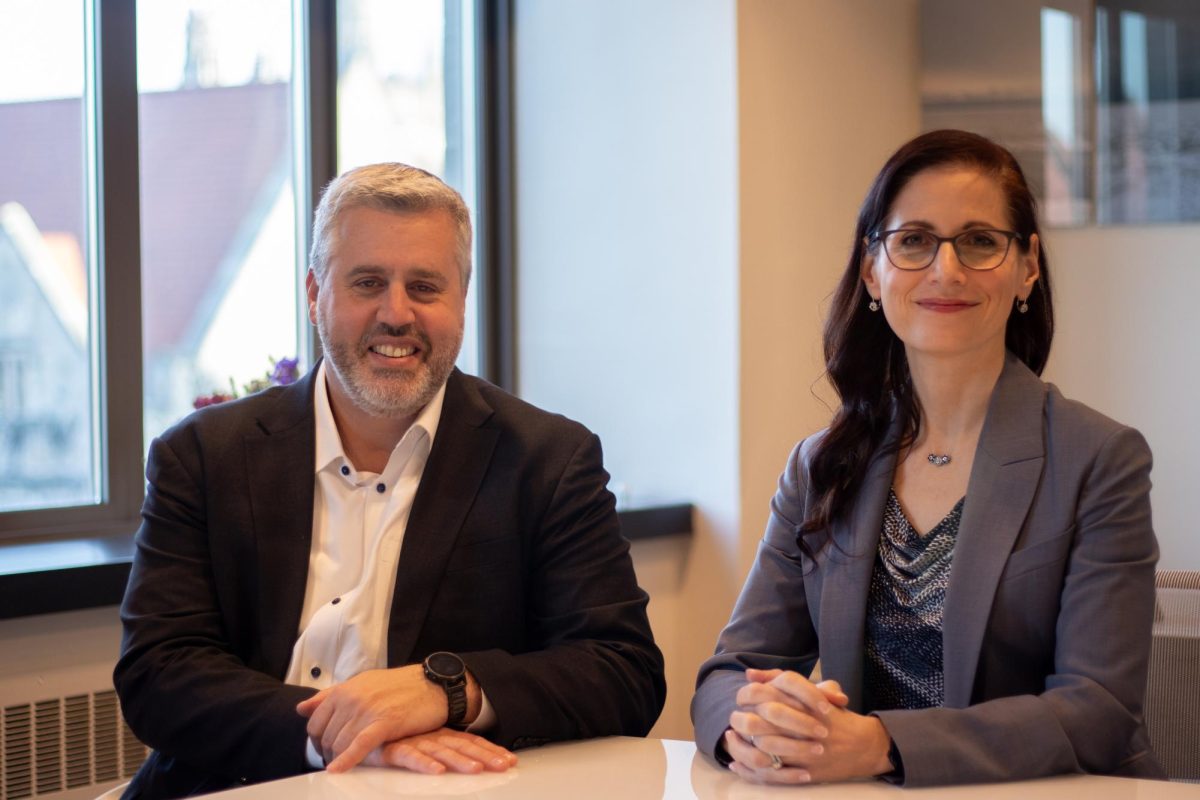








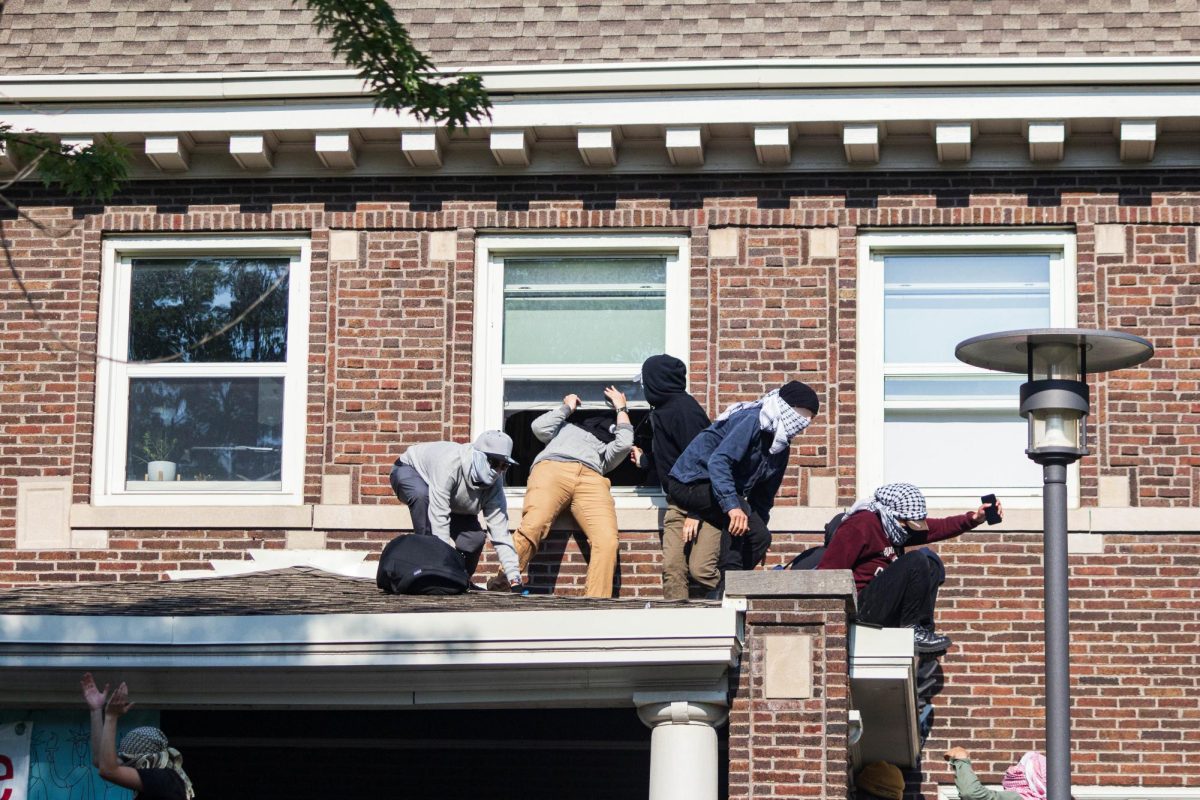
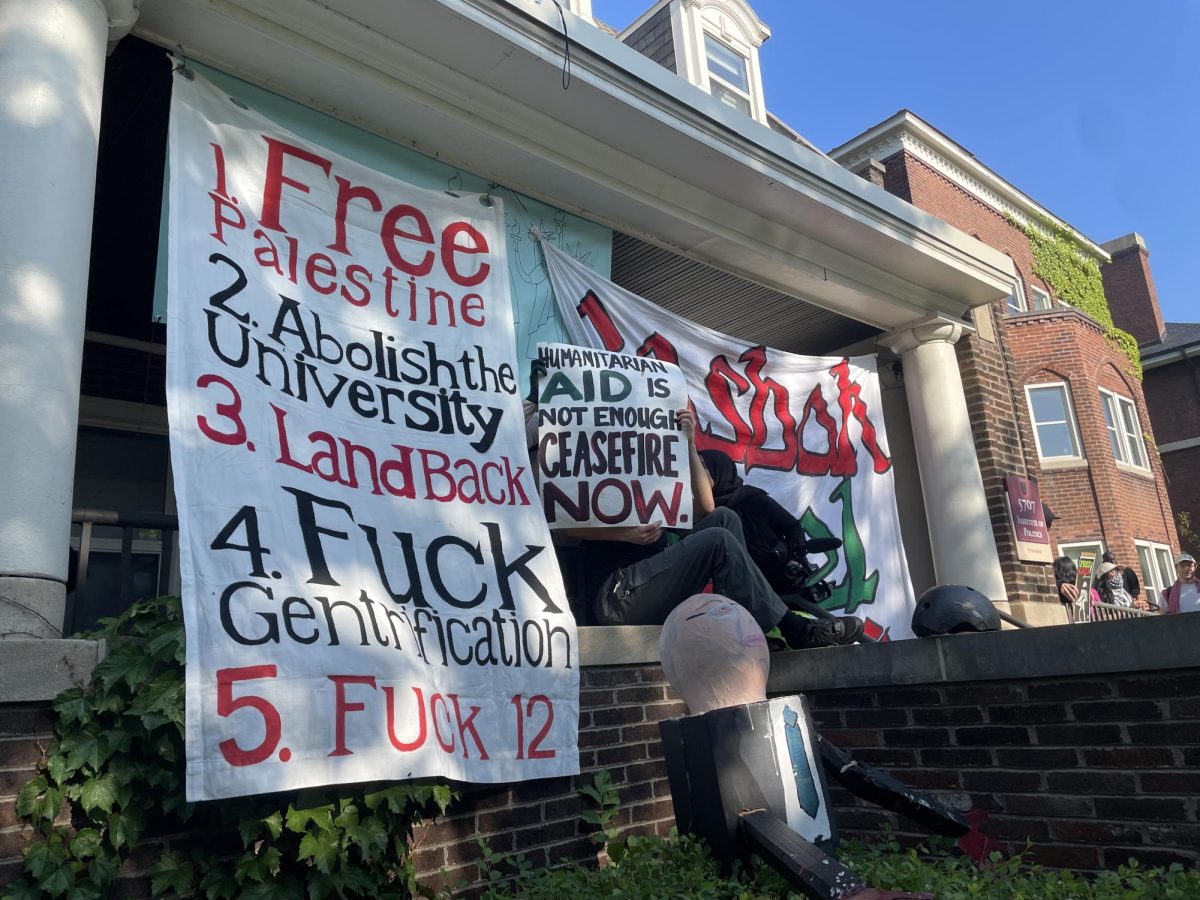
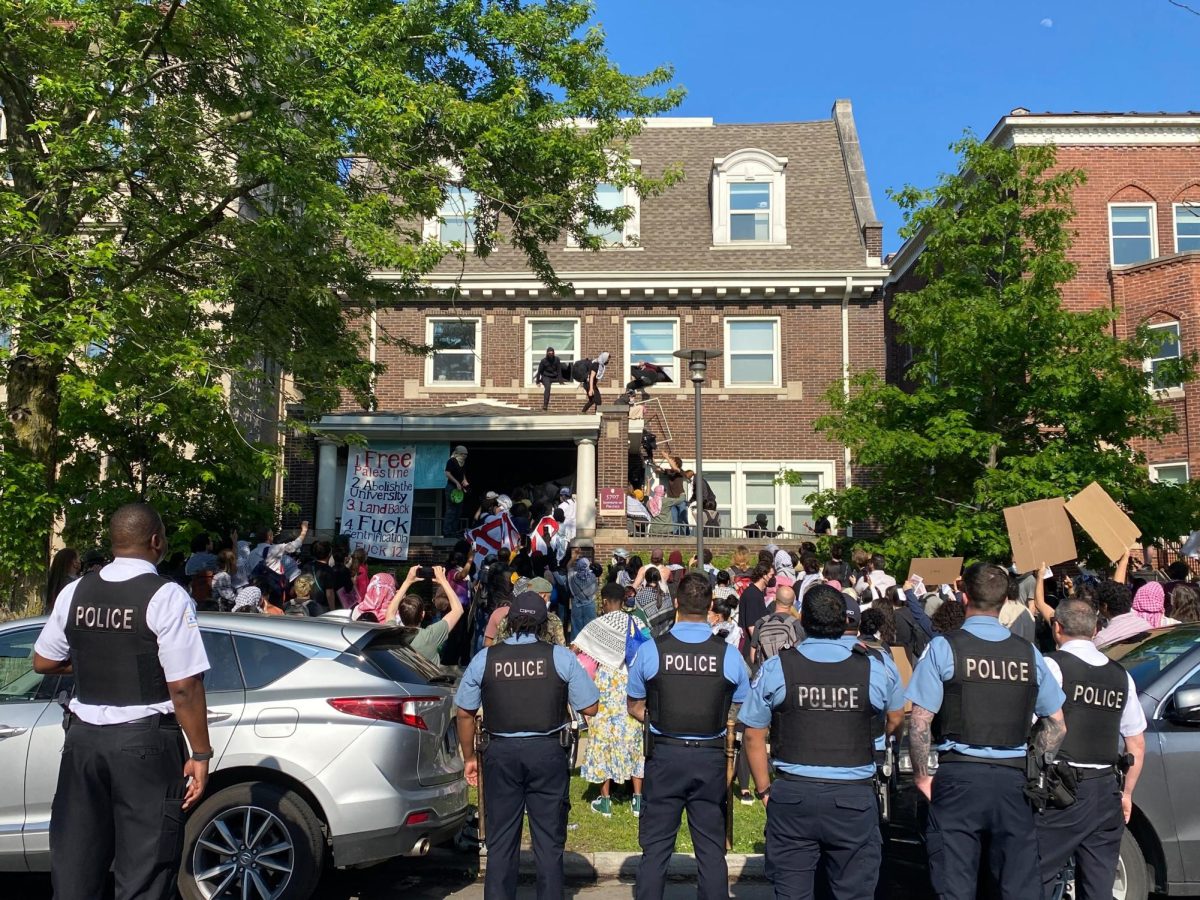
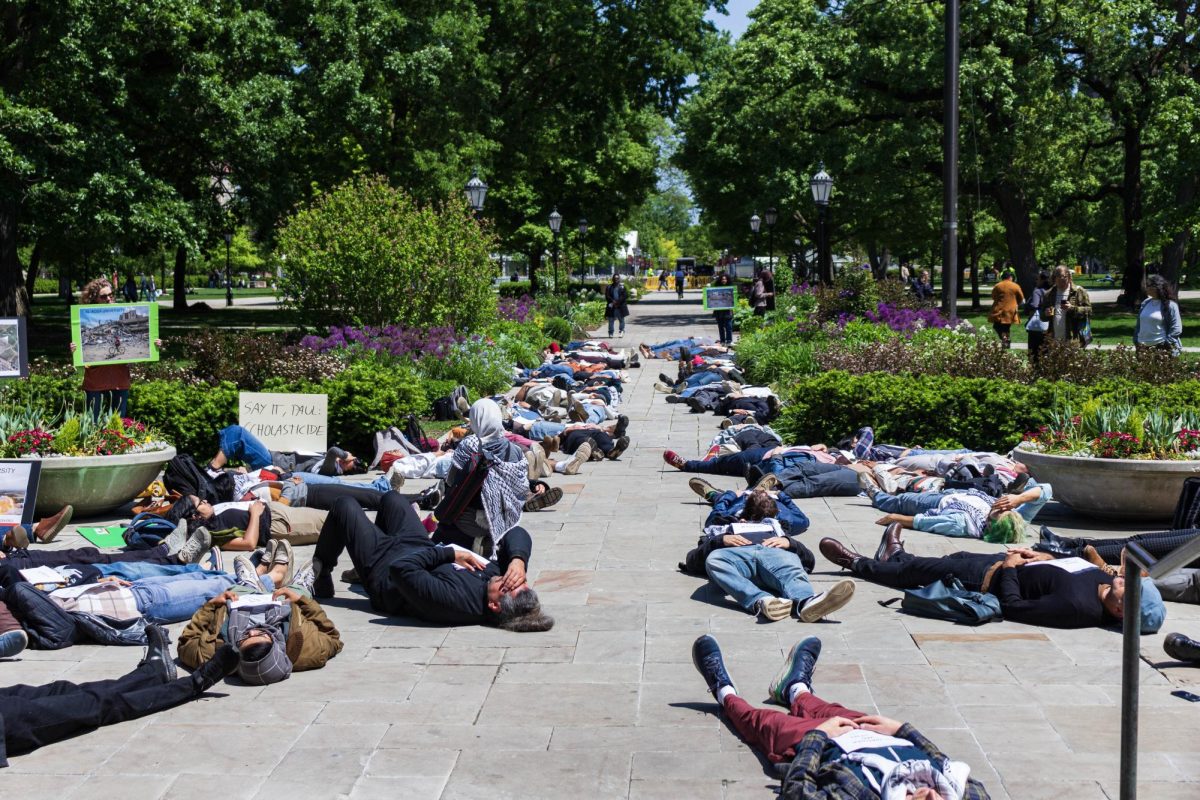


Mike Wallace / Feb 15, 2024 at 9:22 am
“Yeah don’t worry, the freeze only affects staff! Not anyone important. And as long as you’re hiring a cop or an ARD executive, we’ll still fill the position. So really, everything’s fine. How much do I make, you ask? Gosh that’s such a great question. We’ll be sure to answer it at our next dog and pony show—I mean town hall.”
Matthew G. Andersson, '96, Booth MBA / Feb 14, 2024 at 9:23 pm
It is interesting to note that this discussion, which is generally representative of how universities think, is from the perspective of the supply side, or institutional economics, but not from the demand side, or from the student perspective. Students are apparently to be reassured that the university has a pro forma plan to merely match cost and revenue, but this doesn’t address the central improvement opportunity of higher education, which is throughput efficiency (time to degree and associated costs), with continuous financial surplus. Moreover, revenue experiments like new masters programs, must address the means by which these, and all legacy degrees including inefficient law and medicine training, are usually financed: The U.S. student loan portfolio is over $2 Trillion and counting, and half of that amount, and growing, is in some form of arrears, default, write-off, or negotiated restructuring. Ways to realize material, comprehensive tuition reduction (eventually set to zero) is the “bottom up” way to more accurately design university economics, capitalization, and quality control, but it directly challenges the routines of the academy, and by extension, administration. One R1 university I’m working with found that everything it does (all degrees and research) can be done in half the time, for half the cost, with a 65% reduction in all student tuition. And that is just from the first iteration of efficiency measures. Many wonderful things a university does are related to the reinforcement of longevity, and the protection of future student opportunity, but that future can’t be protected except by fitness.
Jacob Myrene / Feb 20, 2024 at 11:58 am
Dude, if you’re going to write novels, give us the TL;DR.